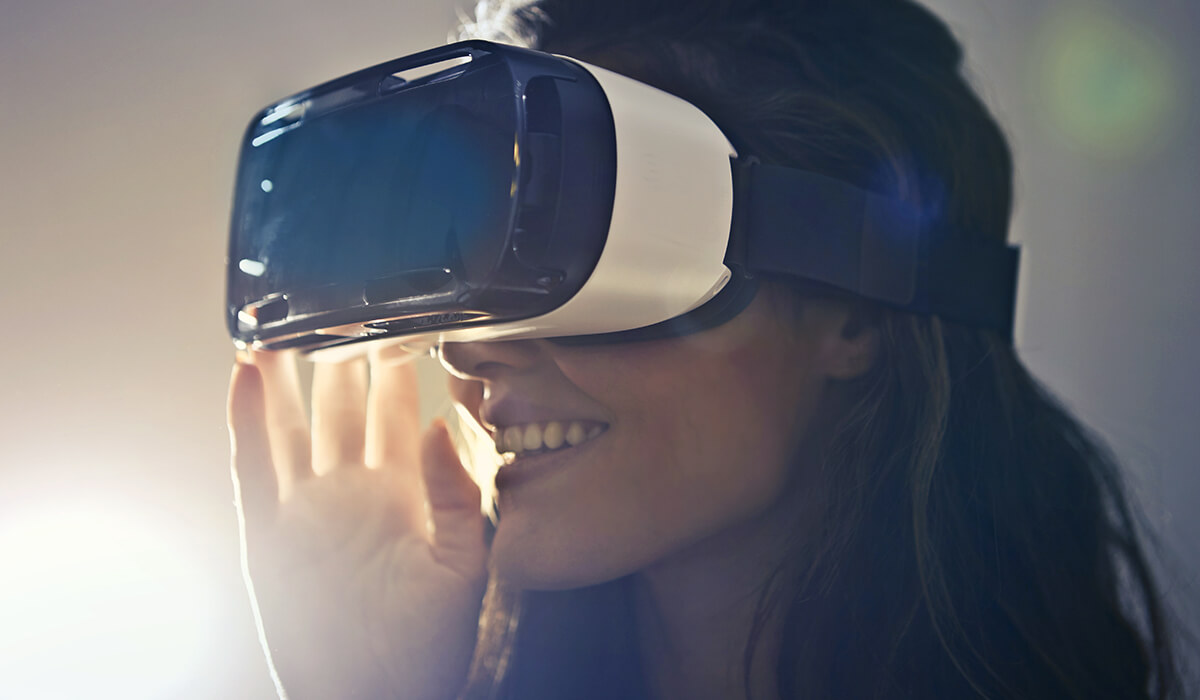The term ‘experience economy’ has gained traction in recent years, as more consumers shun material possessions in favour of unique, multisensory experiences.
What is the experience economy?
It was American Authors Joseph Pine and James H. Gilmore who came up with the term ‘experience economy’ when they published a book of the same name in 1999. Their argument was clear: this was the natural successor to the service economy, which followed the industrial economy.
In terms of defining ‘experience economy’, we really like the definition by the Harvard Business Review. They describe the term as ‘staging experiences that sell’, in which businesses provide a memorable event by turning their services into a stage and goods into a prop.

So, what’s the trend?
One of the biggest signals of a shift towards a more experienced-focused economy is a long-term fall in retail spending.
Looking at data from the Office for National Statistics’ Retail Economics Analysis, we can see that retail spending – a proportion of consumer spending – fell from 29.5% in 1963 to 24.2% in 2016.
By 2020, that figure is expected to be just 20.2%, which shows us that the pace of change is intensifying. Indeed, this data points to a 4% fall in just 10 years, compared to a 5.3% fall in 53 years.
The four realms of experience
The independent economic research consultancy Retail Economics and global law firm Squire Patton Boggs describes the four realms of experience as entertainment, education, environment and escapism.
For 39% of consumers, the environment was their most important aspect of a shopping experience, followed by escapism at 25%, entertainment at 22%, and education at 22%. Over a third (35%) of those aged 18-24 and 13% of those aged 65+ said entertainment was their most meaningful shopping experience, so we can see that there is a clear generational gap.
So how do brands create great experiences?
We like to think of this as the ‘experience package’: giving customers the opportunity to participate before, during and after an experience takes place. This helps them create a personal connection with the event, which can help you improve your customer retention and acquisition rate.
We refer to this method as the customer-centric strategy, which goes hand in hand with the digital transformation strategy.
Why? Well, let’s look at one example of this:
JPC created a uniquely immersive experience for Dimension Data, the official technology partner for the Tour de France, to help them bring the world’s most famous cycling race back to life, with 180” animation of Tour de France history and 15 augmented reality triggers. We humanised the technology they used, delivered it as an end-to-end presentation, and created a special 135sq metre mobile Executive Briefing Centre to digitalise the experience and enable visitors to get closer to the action. None of this would have been possible without understanding the full customer journey and making sure the technology had an amazing reception.
Sharing experiences lets your customers do your marketing for you
Research by Because Experiential Marketing found that ‘Experiencers’ (people with a penchant for experiences!) were nearly three times more likely to share their experiences via social media. Meaning more exposure, which can help brands achieve a competitive advantage over those that still haven’t found a way to turn their products/services into valuable experiences.
The increasing complexity of customer interaction
As more communications channels come of age (such as virtual reality), and the customer experience becomes more complex in the era of big data, you may find it harder to monitor and interpret the interaction between your brand and your customers.

So, in a world that’s increasingly automated, digitalised and technical, more brands are placing their trust in those that can translate their values and ideas into successful concepts. Fortunately, with some of the best values-driven talent around, JPC would be delighted to demonstrate to you how we help brands make their voices heard in an experience-led economy.
JPC are a strategic communications agency specialising in Bids, Brands, Content and Experience. Please contact Nick Pearce for more information; nick.pearce@thinkjpc.com

